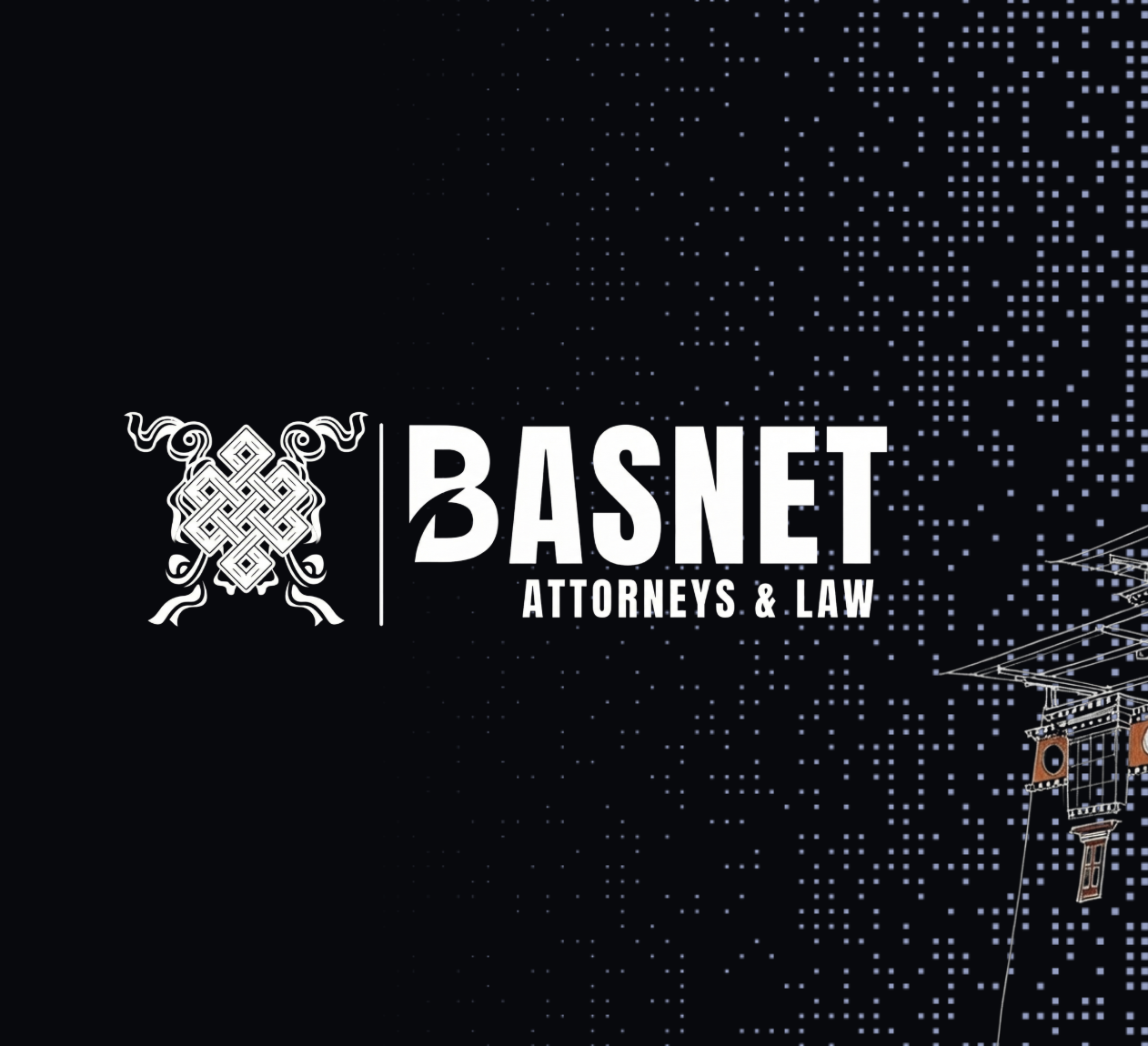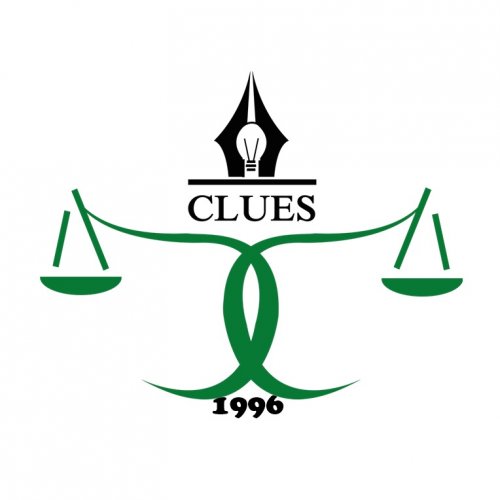Best Antitrust Litigation Lawyers in Bhutan
Share your needs with us, get contacted by law firms.
Free. Takes 2 min.
Or refine your search by selecting a city:
List of the best lawyers in Bhutan

Basnet Attorneys and Law - A Premier law Firm in Bhutan
15 minutes Free ConsultationAbout Antitrust Litigation Law in Bhutan
Antitrust litigation in Bhutan focuses on addressing unfair business practices that restrict competition within the Bhutanese market. The aim of antitrust law is to maintain a fair and competitive economic environment by preventing monopolies, collusion, price-fixing, bid-rigging, and other anti-competitive behaviors among businesses. Bhutan has gradually strengthened its trade and competition regulations in line with international standards, ensuring that enterprises operate within a framework that benefits both consumers and the economy.
Why You May Need a Lawyer
Antitrust litigation can be highly complex, involving detailed economic analysis, technical legal arguments, and extensive documentation requirements. You may require an antitrust lawyer in Bhutan for several reasons, such as:
- Facing an investigation or enforcement action by Bhutanese authorities regarding alleged anti-competitive conduct
- Believing that your business has been harmed by another company’s unfair practices like price-fixing, market division, or abuse of dominance
- Responding to allegations of collusion or monopolistic behavior from competitors or government agencies
- Negotiating compliance programs and procedures to avoid violating competition laws
- Seeking advice on mergers or acquisitions that could raise competition concerns
- Protecting your interests if you are a consumer or small business affected by anti-competitive conduct
- Understanding the regulatory landscape before entering the Bhutanese market
Local Laws Overview
In Bhutan, antitrust issues are primarily regulated through the Competition and Consumer Protection Act of Bhutan 2010 and its associated regulations. The law sets clear rules against agreements that restrict competition, abuse of market dominance, and other unfair trade practices. The key aspects include:
- Prohibition of anti-competitive agreements - Any agreements between businesses, whether written or oral, that limit competition, like price-fixing or bid-rigging, are banned.
- Abuse of dominant position - Companies with significant market power are prohibited from abusing their position to eliminate or restrict competition.
- Merger control - Certain mergers and acquisitions are subject to review by the Competition Office to ensure they do not result in unfair market concentration.
- Consumer protection provisions - The Act also addresses unfair trade practices which may go hand-in-hand with anti-competitive conduct.
- Legal procedures and penalties - The Act outlines the procedures for enforcement, investigation, and appeals, as well as penalties for violations such as fines, directives, and possible orders to cease certain business practices.
Cases and complaints are generally handled by the Office of Consumer Protection under the Ministry of Economic Affairs, which has the power to investigate and initiate proceedings against violations.
Frequently Asked Questions
What qualifies as anti-competitive behavior in Bhutan?
Anti-competitive behavior includes actions like price-fixing, colluding with competitors to divide markets, abusing market position to block new competitors, and unfairly limiting consumer choices.
Who enforces antitrust laws in Bhutan?
The Office of Consumer Protection (OCP), under the Ministry of Economic Affairs, is the main authority responsible for the investigation and enforcement of competition and consumer protection laws in Bhutan.
Can individuals or businesses file an antitrust complaint?
Yes, both individuals and businesses in Bhutan can file complaints with the Office of Consumer Protection if they believe they have been harmed by anti-competitive practices.
What are the potential penalties for violating antitrust laws?
Penalties in Bhutan for violating antitrust laws can include fines, orders to stop offending conduct, or other directives as specified in the Competition and Consumer Protection Act.
Are mergers or business combinations regulated?
Yes, mergers and certain business combinations are subject to review by the relevant authorities if they may potentially lessen competition or create a dominant market position.
Is there a process for appealing a decision by the authorities?
Parties affected by decisions of the Office of Consumer Protection have the right to appeal under the procedures set out in the Competition and Consumer Protection Act.
What should I do if I am accused of anti-competitive behavior?
It is important to consult with a lawyer experienced in antitrust litigation to understand your rights, respond appropriately to allegations, and prepare your defense.
How long do antitrust investigations typically take?
The duration of investigations can vary depending on the complexity of the case, the amount of evidence to review, and the responsiveness of parties involved. Some cases may resolve in a few months, while others can take longer.
Does antitrust law also protect consumers?
Yes, Bhutan’s competition law aims to protect both consumers and businesses by ensuring a competitive market, fair pricing, and more choices.
Can foreign businesses be subject to Bhutan’s antitrust laws?
Yes, any business that operates or has an effect on the Bhutanese market can be subject to its antitrust regulations, regardless of where the business is based.
Additional Resources
Here are some helpful resources and organizations for those seeking information or help with antitrust litigation in Bhutan:
- Office of Consumer Protection (OCP) - The main regulatory body for competition and consumer protection issues.
- Ministry of Economic Affairs - Provides policy guidance and resources on market regulation in the Kingdom of Bhutan.
- Bhutan Chamber of Commerce and Industry - May offer advice and information for businesses seeking to comply with competition laws.
- Legal aid clinics and private law firms - Several law firms in Bhutan specialize in commercial and competition law. Legal aid clinics may provide free or lower-cost assistance in certain cases.
- Public awareness campaigns - Occasionally run by authorities to help citizens and businesses understand their rights and obligations under competition laws.
Next Steps
If you believe you may need legal assistance with an antitrust matter in Bhutan, here are the recommended steps:
- Gather all relevant information and documentation related to your situation, including contracts, correspondence, and any evidence of alleged anti-competitive behavior.
- Contact the Office of Consumer Protection to inquire about your rights, file a complaint, or seek clarification on regulatory requirements.
- Consult with a qualified Bhutanese lawyer who specializes in antitrust litigation to assess the strength of your case, develop a legal strategy, and represent your interests.
- If you are a business owner, consider implementing internal compliance programs and training to prevent unintentional violations of competition law.
- Stay informed about updates to Bhutanese competition law and any new regulations that may affect your activities.
Prompt legal advice can help protect your interests, resolve disputes efficiently, and ensure that you operate in line with Bhutan’s competition regulations.
Lawzana helps you find the best lawyers and law firms in Bhutan through a curated and pre-screened list of qualified legal professionals. Our platform offers rankings and detailed profiles of attorneys and law firms, allowing you to compare based on practice areas, including Antitrust Litigation, experience, and client feedback.
Each profile includes a description of the firm's areas of practice, client reviews, team members and partners, year of establishment, spoken languages, office locations, contact information, social media presence, and any published articles or resources. Most firms on our platform speak English and are experienced in both local and international legal matters.
Get a quote from top-rated law firms in Bhutan — quickly, securely, and without unnecessary hassle.
Disclaimer:
The information provided on this page is for general informational purposes only and does not constitute legal advice. While we strive to ensure the accuracy and relevance of the content, legal information may change over time, and interpretations of the law can vary. You should always consult with a qualified legal professional for advice specific to your situation.
We disclaim all liability for actions taken or not taken based on the content of this page. If you believe any information is incorrect or outdated, please contact us, and we will review and update it where appropriate.
Browse antitrust litigation law firms by city in Bhutan
Refine your search by selecting a city.










